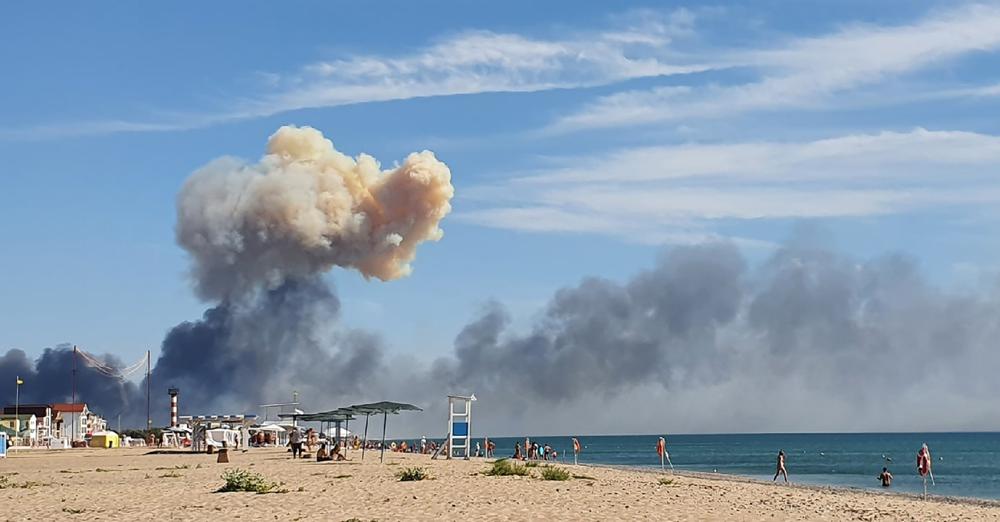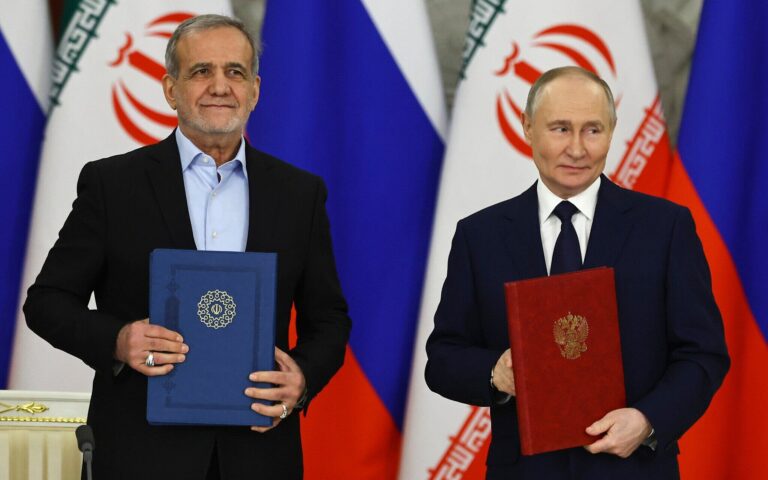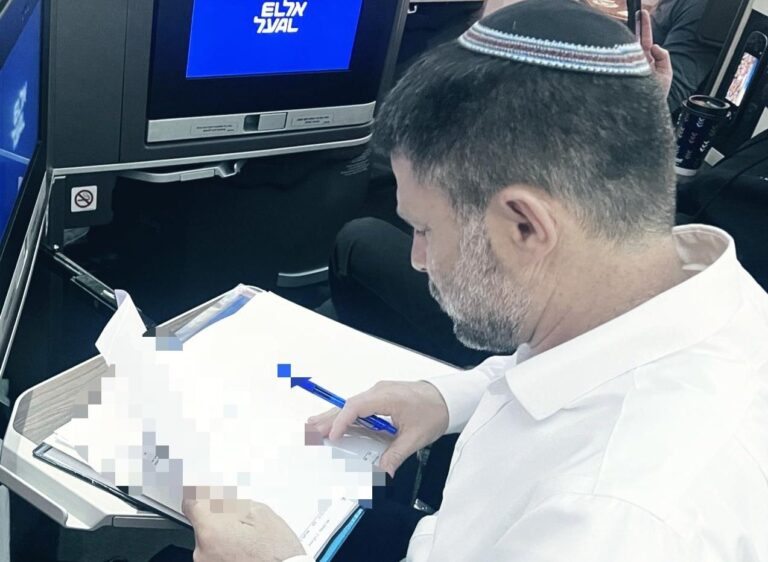Ukraine’s air force said Wednesday that nine Russian warplanes were destroyed in massive explosions at an air base in Crimea amid speculation they were the result of a Ukrainian attack that would represent a significant escalation in the war.
Russia denied any aircraft were damaged in Tuesday’s blasts — or that any attack took place.
Ukrainian officials have stopped short of publicly claiming responsibility for the explosions, while poking fun at Russia’s explanation that munitions at the Saki air base caught fire and blew up and also underscoring the importance of the peninsula that Moscow annexed eight years ago.
In his nightly video address several hours after the blasts, Ukrainian President Volodymyr Zelenskyy vowed to retake the peninsula, saying that “this Russian war against Ukraine and against all of free Europe began with Crimea and must end with Crimea — its liberation.”
On Wednesday, Russian authorities sought to downplay the blasts, saying all hotels and beaches were unaffected on the peninsula, which is a popular tourist destination for many Russians. The explosions, which killed one person and wounded 13, sent tourists fleeing in panic as plumes of smoke towered over the nearby coastline. They knocked out windows and caused other damage in some apartment buildings.
Russian warplanes have used Saki to strike areas in Ukraine’s south on short notice, and Ukrainian social networks were abuzz with speculation that Ukrainian-fired long-range missiles hit the base.
Officials in Moscow have long warned Ukraine that any attack on Crimea would trigger massive retaliation, including strikes on “decision-making centers” in Kyiv.
A Ukrainian presidential adviser, Oleksiy Arestovych, who is more outspoken than other officials, cryptically said Tuesday that the blasts were caused either by a Ukrainian-made long-range weapon or were the work of guerrillas operating in Crimea.
The base on the Black Sea peninsula that dangles off southern Ukraine is at least 200 kilometers (some 125 miles) away from the closest Ukrainian position — out of the range of the missiles supplied by the U.S. for use in the HIMARS systems.
The Ukrainian military has successfully used those missiles, with a range of 80 kilometers (50 miles), to target ammunition and fuel depots, strategic bridges and other key targets in Russia-occupied territories. HIMARS could also fire longer-range rockets, with a range of up to 300 kilometers (about 185 miles), that Ukraine has asked for.
But U.S. authorities have refrained from providing them thus far, fearing that it could provoke Russia and widen the conflict. But the explosions in Saki raised speculation on social media that Ukraine might have finally got the weapons.
Ukrainian military analyst Oleh Zhdanov said that the Ukrainian forces could have struck the Russian air base with a Ukrainian Neptune anti-ship missile that has a range of about 200 kilometers (about 125 miles) and could have been adapted for use against ground targets and could be fired from Ukrainian positions near Mykolaiv northwest of Crimea.
The Ukrainian military also might have used Western-supplied Harpoon anti-ship missiles that can also be used against ground targets and have a range of about 300 kilometers (about 185 miles), he said.
“Official Kyiv has kept mum about it, but unofficially the military acknowledges that it was a Ukrainian strike,” Zhdanov said.
If Ukrainian forces were, in fact, responsible for the blasts, it would be the first known major attack on a Russian military site in Crimea, which the Kremlin annexed in 2014. A smaller explosion last month at the headquarters of Russia’s Black Sea Fleet in the Crimean port of Sevastopol was blamed on Ukrainian saboteurs using a makeshift drone.
During the war, Russia has reported numerous fires and explosions at munitions storage sites on its territory near the Ukrainian border, blaming some of them on Ukrainian strikes. Ukrainian authorities have mostly remained silent about the incidents.
Meanwhile, Russian shelling hit areas across Ukraine on Tuesday night into Wednesday, including the central region of Dnipropetrovsk, where 13 people were killed and 11 others were wounded, according to the region’s governor Valentyn Reznichenko.
Reznichenko said the Russian forces fired at the city of Marganets and a nearby village. Dozens of residential buildings, two schools and several administrative buildings were damaged by the shelling.
“It was a terrible night,” Reznichenko said. “It’s very hard to take bodies from under debris. We are facing a cruel enemy who engage in daily terror against our cities and villages.”
The Russian forces also continued shelling the nearby city of Nikopol across the Dnieper River from the Russia-occupied Zaporizhzhia nuclear power plant, Europe’s largest.
Ukraine and Russia have accused each other of shelling the power station, Europe’s biggest nuclear plant, stoking international fears of a catastrophe.
(AP)











